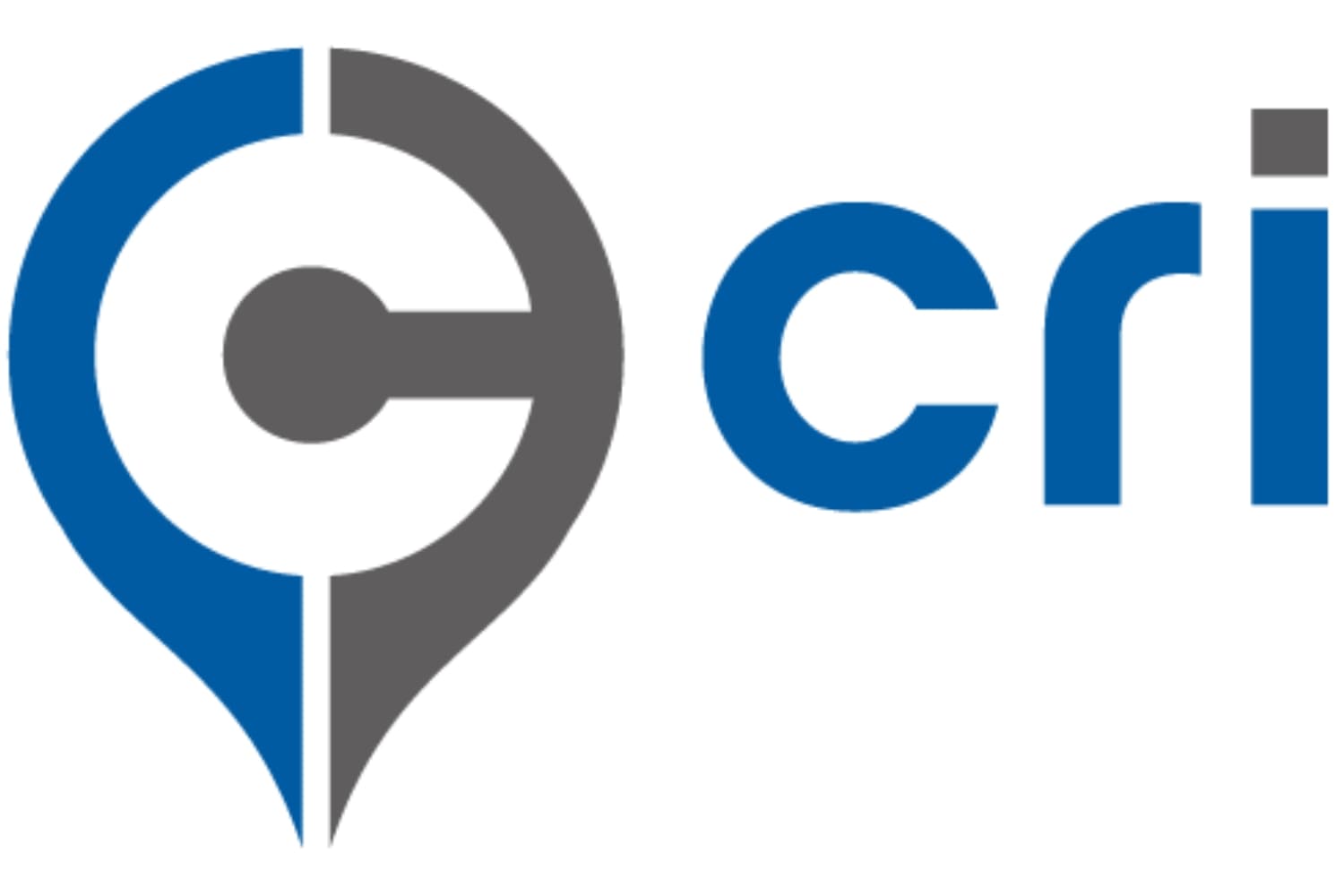[vc_row full_width=”stretch_row” css=”.vc_custom_1564174512450{margin-top: -40px !important;margin-bottom: 40px !important;padding-top: 10% !important;padding-bottom: 10% !important;background-image: url(https://criw.com/wp-content/uploads/2019/07/CRI-Blog-Feature.jpg?id=7705) !important;background-position: center !important;background-repeat: no-repeat !important;background-size: cover !important;}” el_class=”headarea”][vc_column][/vc_column][/vc_row][vc_row gap=”20″ css=”.vc_custom_1539980242138{margin-top: -40px !important;padding-top: 0px !important;}”][vc_column width=”2/3″ css=”.vc_custom_1539979577239{padding-top: 0px !important;}”][vc_column_text css=”.vc_custom_1564175551848{margin-bottom: 0px !important;}”]
Avoiding Discrimination Lawsuits
[/vc_column_text][vc_column_text]Smart leaders go to great lengths to screen bad hires, but can find themselves in legal trouble if those practices infringe on an applicant’s rights. All job applicants have legal rights even before they are hired, so it’s important to understand the potential liabilities of every aspect of your hiring process.
Under federal law it is illegal for an employer to discriminate in their hiring process based on a job applicant’s race, national origin, gender, pregnancy, age, disability, or religion. State and local laws may also specify additional protected classes such as sexual orientation and gender identity.
For example, a recent lawsuit found that some personality tests included questions relating to the applicant’s mental health history. This was found to be in violation of the Americans with Disabilities Act (ADA) because it discriminated against applicant’s based on their medical condition.
In another case, Harvard admissions test data revealed that Asians, who generally scored highest on aptitude tests, consistently scored low on the accompanying personality test, which affected the group’s admittance numbers, prompting allegations of racial discrimination.[/vc_column_text][vc_column_text]The term “employee discrimination” can include a broad range of unwelcome actions taken against a worker which can involve hiring, firing, promotions, benefits, harassment issues, and more.
The EEOC (Equal Employment Opportunity Commission) reported the following types of discrimination complaints in 2017:
- Retaliation: 41,097 (48.8 percent of all charges filed)
- Race: 28,528 (33.9 percent)
- Disability: 26,838 (31.9 percent)
- Sex: 25,605 (30.4 percent)
- Age: 18,376 (21.8 percent)
- National Origin: 8,299 (9.8 percent)
- Religion: 3,436 (4.1 percent)
- Color: 3,240 (3.8 percent)
- Equal Pay Act: 996 (1.2 percent)
- Genetic Information: 206 (.2 percent)
NOTE: An employer may discriminate if a “bona fide occupational qualification” (BFOQ) exists, which is a required trait for performing the functions of a job.[/vc_column_text][/vc_column][vc_column width=”1/3″][vc_single_image image=”7706″ img_size=”large”][/vc_column][/vc_row][vc_row][vc_column][vc_column_text]Employers must be careful of discrimination lawsuits at every stage of the hiring process. Job postings, interview questions, checking references, and making hiring decisions / job offers all need to be done in a manner that decreases risk to the business. It is possible to ask unlawful or even discriminatory questions without realizing it.[/vc_column_text][/vc_column][/vc_row][vc_row][vc_column][vc_column_text css=”.vc_custom_1564170290966{margin-bottom: 0px !important;}”]
Employer Interview Questions
[/vc_column_text][vc_column_text]It is important to describe the job and requirements in a way that gives all applicants a chance to apply. Avoid job requirements or pre-employment inquiries related to:
- Whether the candidate has children or intends to have children.
- Marital status of candidate.
- Candidate’s race.
- Candidate’s religion.
- Candidate’s sexual preference.
- Candidate’s age. (other than inquiring whether over the age of 18).(Note that requesting the dates an applicant attended school is not a permissible inquiry.)
- Whether candidate suffers from a disability.
- Candidate’s citizenship status.
- Questions concerning drug or alcohol use that might reveal an associated disability.
An applicant may ask questions related to the above areas during a job interview. In that case, the employer may answer the applicant’s questions.[/vc_column_text][/vc_column][/vc_row][vc_row][vc_column width=”1/2″][vc_column_text css=”.vc_custom_1564170740490{margin-bottom: 0px !important;}”]
Hiring Process
[/vc_column_text][vc_column_text]When an employer seeks to hire, there are a number of steps the employer must take before the new employee begins working. During the hiring process, employers should avoid making promises to a prospective candidate because they might be interpreted as a contract. If initial promises are not kept, the employer can be said to have broken an implied contract and could be liable for damages.[/vc_column_text][/vc_column][vc_column width=”1/2″][vc_single_image image=”7719″ img_size=”full”][/vc_column][/vc_row][vc_row][vc_column][vc_column_text css=”.vc_custom_1564170781197{margin-bottom: 0px !important;}”]
Pre-Employment Assessments
[/vc_column_text][vc_column_text]Many companies require potential hires to take part in a pre-employment assessment. Such assessments are permitted under employment law and provide insights into a candidate’s suitability for a job beyond the inherently subjective interview. For this reason, the use of assessments, when properly implemented, provides employers with evidence of an objective, unbiased hiring process. However, some tests have been shown to actually amplify historical patterns of discrimination. This area an area of high potential risk for recruitment related discrimination lawsuits. [/vc_column_text][vc_column_text]Employers must prove that their methods are job-related and valid. To prove validity, an employer must conduct a statistical study that proves the assessment measures what is claimed without adversely impacting a protected group. CRI assessments incorporate two forms of statistical validation and have been utilized by employers for over 50 years without incurring any finding of discrimination against an employer.
No matter what industry you’re in or what size business you run, hiring practices must follow the law. Could you use more information about the do’s and don’ts of hiring? Don’t go it alone; contact CRI to discuss these issues with an expert. We’ll help you avoid the legal pitfalls and improve your hiring process.
If you’d like to learn more about specific employment laws, visit the United States Department of Labor website. The Department of Labor is the federal agency within the US Government responsible for enforcing labor laws. [/vc_column_text][/vc_column][/vc_row][vc_row][vc_column][vc_separator][/vc_column][/vc_row]

